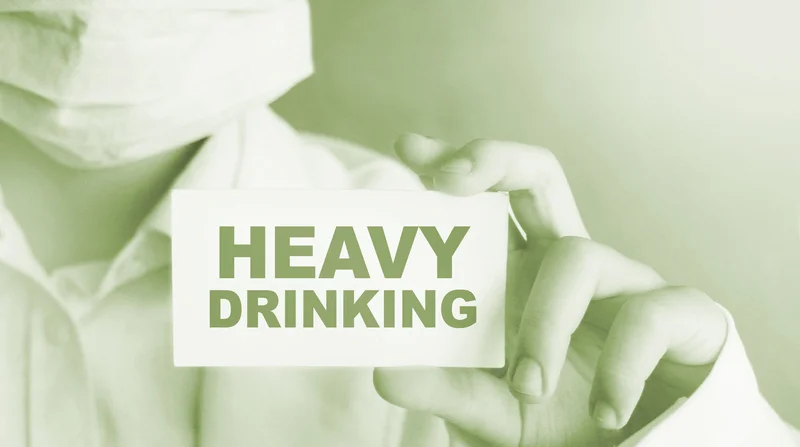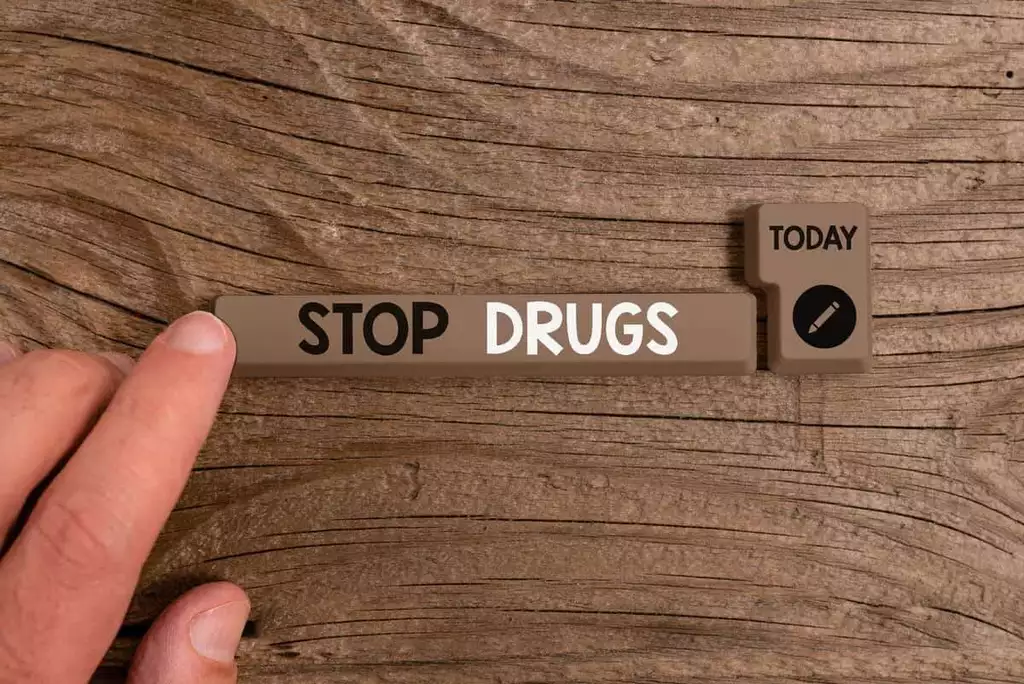Sober living
Sneezing When You Drink Wine? 5 Common Culprits and How to Avoid Them

Read on to uncover the science behind the stuffy nose phenomenon as well as key strategies to prevent it from becoming an inevitable side effect of drinking alcohol. These include proteins, enzymes, dairy products, molds, and ingredients used in the production of wine. People with an intolerance to a food or beverage may experience symptoms that are uncomfortable but not life-threatening.

How To Prevent Nasal Congestion After Drinking Alcohol
Grape allergy is due to the immune system reacting after exposure to grapes. The only thing these two beers have in common is a healthy of dose of dark roasted barley. Try wine makes me sneeze another dark ale beer, something widely available would be Sierra Nevada stout, and see if the same thing happens. Alcohol intolerance occurs when your body doesn’t have the proper enzymes to break down (metabolize) the toxins in alcohol. Although this is rare, it can be life-threatening and require emergency care. When we think about alcohol tolerance, we often think of the number of drinks a person can handle before getting giggly or slurring words.
Mild and Moderate Reactions

The reason some people have an intolerance to sulfites is unknown, but both genetics and the environment could be contributing factors. In addition to filtration, the use of fresh fruits and vegetables in cocktails can pose a risk for those with oral allergy syndrome (OAS). The chemical compounds present in wine, such as gluten, yeast, oak, tannins, and others may affect the way a person experiences the wine differently. For example, someone with an allergy to gluten might experience adverse reactions if the wine contains any trace amounts of gluten. Knowing the ingredients used to make a wine can help you make an informed decision about what kind of wine you want to drink.
What In Red Wine Causes Allergies?
Sunset Alcohol Flush Support is a natural supplement that works specifically to reduce all of these symptoms, including a stuffy nose after drinking alcohol. Sunset works with the body to break down alcohol quickly and effectively, so you don’t experience the negative symptoms. An allergy to wine is believed to be rare, though an intolerance to wine that impacts roughly 10% of people.

If you have a wine allergy, you may experience symptoms such as a rash, nasal congestion, wheezing, or a tingling sensation around your mouth and throat. If you have any severe or painful symptoms after drinking alcohol, don’t just brush it off as alcohol intolerance. These side effects could be caused by a serious allergy and warrant a visit with your doctor to address your symptoms. That runny or stuffy nose you get if you’re intolerant to alcohol may feel and seem like allergies, but it’s not. What’s more concerning, however, is that some medications can lead to uncomfortable (even dangerous) side effects when combined with alcohol. In addition, various ingredients found in alcoholic beverages have the potential to trigger an allergic reaction in some people.
- Sunset Alcohol Flush Support is a natural supplement that works specifically to reduce all of these symptoms, including a stuffy nose after drinking alcohol.
- It is important to know that the US does not legally require wine labels to list potential leftover allergens, but the European Union does.
- Most people can metabolize the histamine in wine, beer and other foods, but if you’re intolerant, the histamine in wine will cause adverse reactions.
- Alcohol is metabolized by enzymes in your liver, which convert ethanol into acetaldehyde.
The Shelf Life Of Opened Wine: How Long Will Wine Stay Fresh?
If you try to self-diagnose, you won’t exactly find “orgasm of the face” in any medical journals. What you will find is the phrase “photic sneeze reflex,” the phenomenon’s less obvious (ahem, less humorous) technical term. And if you have it, there’s a good chance someone in your family had, has, or will have it too. The choco-sneeze trait transfers dominantly through heritage but only affects about 18 to 35 percent of the population. Even animals have been known to produce a sneeze-like chuckle—horses huffing around in their stables is a good thing. Chocolate can induce involuntary (but not allergy-related) sneezes in a sensitive few.
Diagnosis and Allergy Tests
If people experience symptoms after drinking alcohol, they should speak with a doctor for further advice. However, some people do experience true allergic reactions after drinking alcoholic beverages. In this case, the ethanol isn’t the culprit, but rather another ingredient in your beverage, such as a fermented grain, preservative or other chemical. Wine contains many organic compounds including proteins from grapes (of course), bacteria, yeast, sulfites (some wines) and biogenic amines (histamine). If you’re allergic to alcohol, you may experience hives, itching, swelling, difficulty breathing, and wheezing. If you experience these symptoms after drinking alcohol, you must see a doctor as you may need to be treated for an allergy.
- The key to managing histamine intolerance is to recognize which foods and drinks are high in histamine levels and avoid them.
- If you’ve ever wondered – why does my face get red when I drink – this could be why.
- If you try to self-diagnose, you won’t exactly find “orgasm of the face” in any medical journals.
- From our experience, you can learn to enjoy different types of tannin as part of the overall experience of drinking wine.
Don’t Let Your Next Happy Hour Be A Total Bummer: Check For Allergies Beforehand!

Most wines don’t state their histamine content on the label, which can make it difficult to know what you’re choosing. Some people believe that a reaction to histamine causes symptoms after drinking red wine. In conclusion, it is important to note that approximately 8% of the population may experience an allergic reaction when consuming certain alcoholic beverages containing sulfites. While not a true allergy, these reactions can be uncomfortable and even dangerous in extreme cases. Some people may be sensitive to other compounds in the beverage and will need allergy testing to determine what they are allergic to. Furthermore, it is important for anyone who suspects an allergy to red wine, to speak with their doctor to determine the cause and get an official diagnosis.
Signs and symptoms of a wine allergy
Other sufferers may have low levels of diamine oxidase, the enzyme which breaks down histamine, found in Sober living house our small intestine. As a result, they will experience an intolerance when drinking wine containing smaller amounts of histamines. Histamines are another allergen present in wine which may cause intolerance. Histamines play an important part in the immune system, proper digestion, and central nervous system and communicating important messages from the body to the brain.
Red Wine Allergy FAQ
This emergency medication can be used to treat severe allergic reactions while you wait for help to arrive. If you’ve experienced an allergic reaction after drinking wine, how do you know which allergen you’re allergic to? One 2005 study surveyed people who experience upper airway symptoms in response to alcohol. Some people, especially those with asthma, may also have a sulfite sensitivity, which is an immune reaction. A sulfite sensitivity is typically classified as an allergy and may result in mild to severe symptoms.
